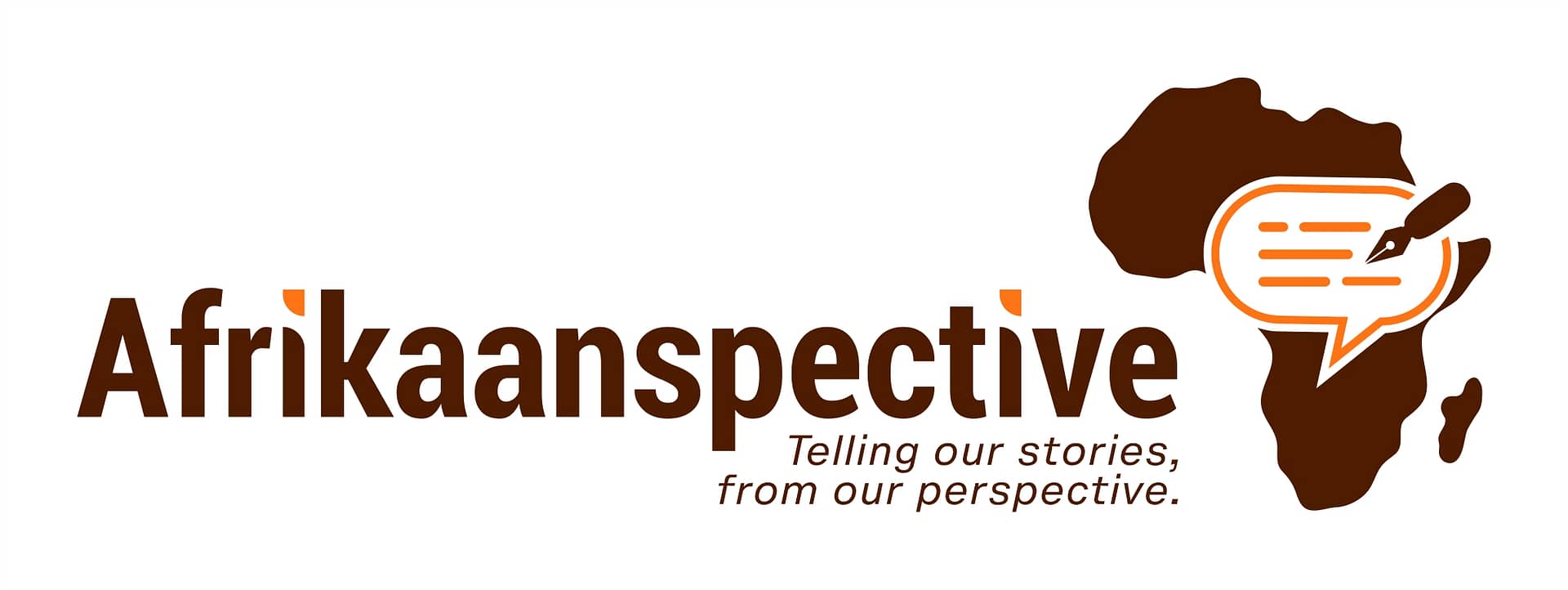African storytelling has always been rich in tradition, passed down through generations by music, dance, and oral history. These practices are not just entertainment; they serve as a way to preserve history, share values, and connect communities.
Explore how African storytelling through music and dance is evolving in the digital age, blending tradition with technology for global impact.
The Roots of African Storytelling
For centuries, music and dance have been the heart of African storytelling. From the griots of West Africa, who shared history through drumming and poetry, to the Maasai dances that celebrate milestones, African culture has relied on rhythm and movement to tell its stories.

Take, for example, the Zulu dance rituals, where each step and gesture communicates a part of the community’s history and values. These traditions, passed down through generations, have kept African cultures alive, offering powerful lessons through sound and movement.
African Storytelling Goes Digital
Today, digital platforms like YouTube, Instagram, TikTok, and Spotify are transforming the way African music and dance reach the world. Artists like Burna Boy, Wizkid, Davido, and Tiwa Savage have brought African sounds to global audiences, blending traditional rhythms with modern influences.
Social media has also played a key role in spreading African dance moves worldwide. Viral challenges inspired by African dances, like the Gwara Gwara and Shaku Shaku, have helped spread African culture far beyond the continent, creating a global appreciation for our traditions.
How African Artists Blend Tradition and Digital Innovation
One of the most exciting aspects of the digital transformation is how it allows traditional African art forms to evolve while staying true to their roots. Musicians are combining African instruments with contemporary genres, creating fresh sounds that resonate with both local and international audiences.
For instance, Burna Boy’s Afrobeats mixes traditional African sounds with reggae, pop, and dancehall, offering a global audience a taste of African culture. These innovations keep African traditions alive while introducing them to younger generations around the world.
The Future of African Storytelling in the Digital World
Looking ahead, the digital age offers endless possibilities for African culture. Technologies like virtual reality (VR) and live streaming will bring African performances, festivals, and ceremonies to the global stage in real-time, allowing people to experience these traditions from anywhere in the world.
While technology has expanded the reach of African storytelling, it also ensures that these traditions remain relevant and respected for future generations. As African music and dance continue to evolve, they will remain at the heart of our cultural identity, both locally and globally.
Conclusion
The digital age is transforming African storytelling, bringing our music and dance to a global audience. Through platforms like YouTube, TikTok, and Spotify, our cultural narratives are being shared with the world, while still preserving the traditions that have shaped us for centuries. We are no longer just telling stories; we are streaming culture.


